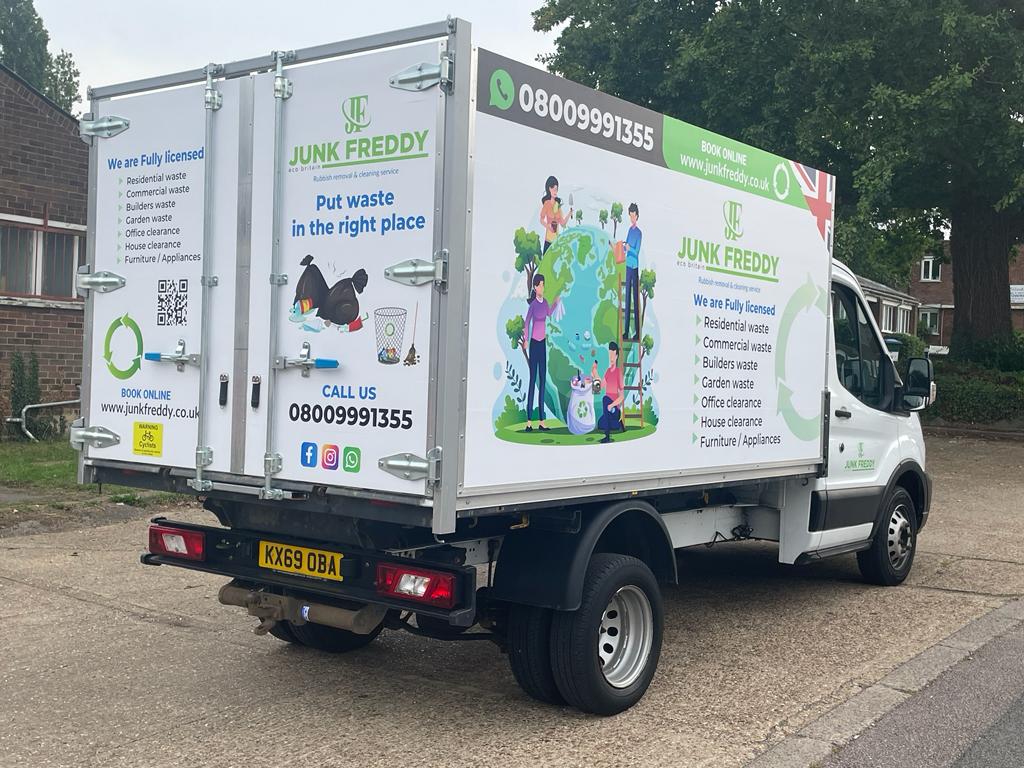Legitimate clearance companies should have the necessary licenses(Wsate carrier license), permits, and certifications to operate. Ask for proof of their credentials, and avoid companies that cannot provide them.
A legitimate company should have a physical office or operational base. Be wary of companies that only provide a mobile phone number and lack a verifiable address.
A reputable clearance company should provide clear and complete documentation, including quotes, invoices, and contracts. Beware of companies that give vague estimates or request payment in cash without proper documentation.
Pay attention to the professionalism of the company’s representatives. Rogue companies may exhibit unprofessional behavior, including pushy sales tactics, rudeness, or a lack of transparency.
Rogue clearance companies may not have a substantial online presence, including a website, social media profiles, or online reviews. If you can’t find any references or reviews, proceed with caution.
A trustworthy clearance company should provide a written contract outlining the terms and conditions of the service, including pricing, scope of work, and any guarantees. Avoid companies that refuse to provide a contract.
Be cautious if the company uses high-pressure sales tactics to convince you to make a quick decision or pay upfront. Legitimate companies will allow you time to consider your options.
If the pricing seems inconsistent or keeps changing, it’s a red flag. Rogue companies may try to add hidden fees or charge more than initially agreed upon.
Ethical clearance companies should have transparent recycling and disposal practices. Avoid companies that cannot provide information about how they handle waste and recycling.
Rogue companies may not have proper insurance coverage. Ask for proof of insurance, especially liability coverage, to ensure you are protected in case of accidents or damage during clearance.
A reliable clearance company should be able to demonstrate how they legally and responsibly dispose of waste. Be cautious of companies that cannot provide documentation of proper disposal.
Reputable companies often offer satisfaction guarantees or refund policies. If a company refuses to provide such guarantees, it may be a sign of their lack of confidence in their services.
Be wary of companies that insist on cash payments only or are unwilling to accept other forms of payment. This may indicate a lack of transparency.
Research the company’s history by checking for any complaints or legal issues. You can do this through online resources, such as consumer protection agencies or the Better Business Bureau.
If something feels off or too good to be true, trust your instincts. It’s always better to be cautious and thoroughly evaluate a company before making any commitments.
